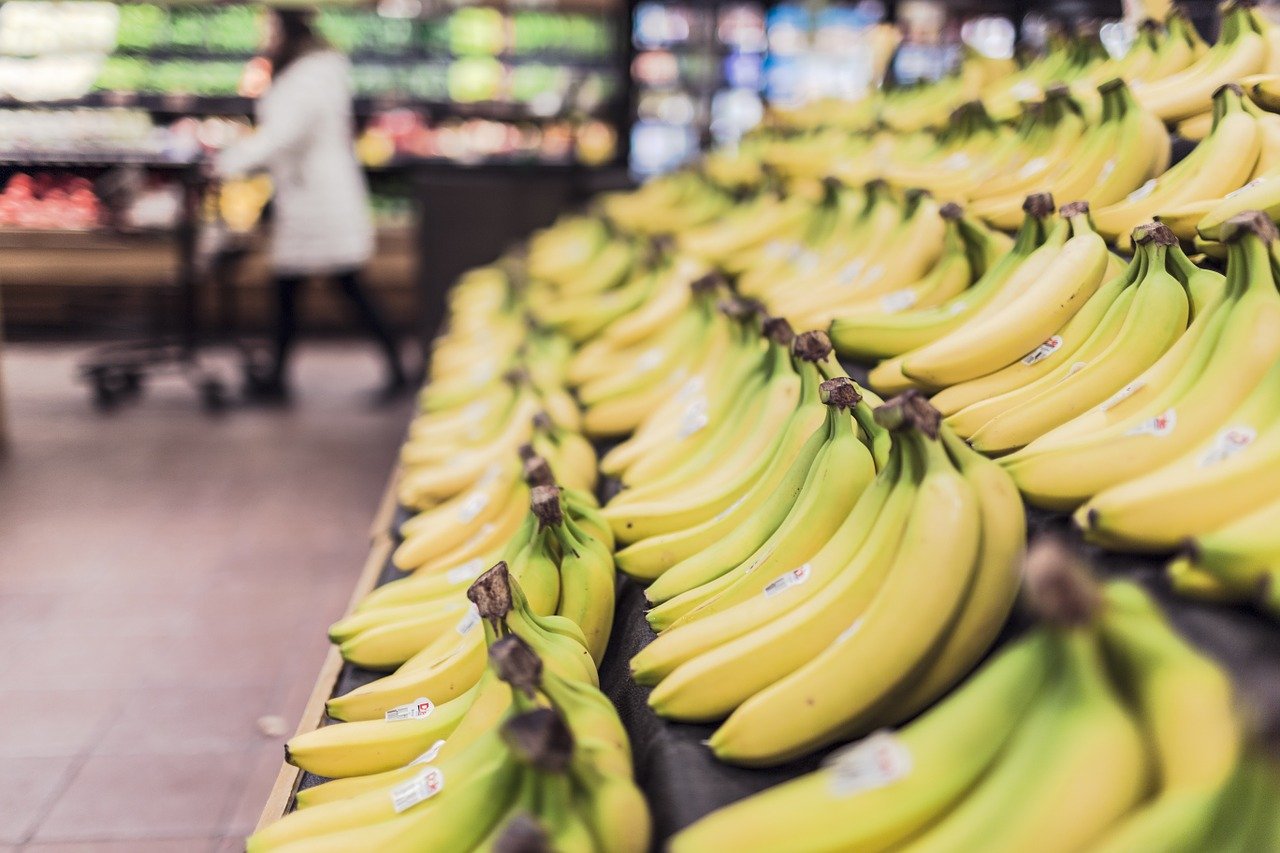Researchers at Empa’s Cellulose & Wood Materials laboratory have partnered with Lidl to develop an ecological food coating that could help keep fruits and vegetables sold on the store chain fresh for longer.
The bio-degradable coating they came up with is made out of fruit pomace, which is embedded into fibrillated cellulose, which essentially seals the product air-tightly. The pomace is extracted as a solid mash, washed thoroughly, bleached, and then ground into a thinly dispersed fiber.
The coating can be sprayed onto the fruits and vegetables or applied via dipping, and it can be washed off with warm water by the consumer. Even if it’s consumed though, it remains completely harmless as it contains no toxic substances.
In fact, the Empa scientists believe so much in the potential of this solution that they are already exploring adding antioxidants and vitamins to actually enhance the nutritional value of the products in a simple and highly-controllable manner.
The product was tested in 150 Lidl stores in Switzerland between 2019 and 2021, and it underwent several improvement stages. The preliminary study has been concluded now, and a larger-scale trial has been launched, supported by Innosuisse, the Swiss innovation agency.
The latest iterations of the coating extend the freshness of cucumbers for six days, while bananas were able to “survive” on the shelves without browning for over a week. This makes a huge difference in the logistics of large food chains like Lidl, even if all environmental-related benefits are put aside.
Solutions like Empa’s cellulose-based coating help reduce plastic and food wastes, both huge problems. According to a life cycle analysis by Empa, a single cucumber that has to be disposed of has an environmental impact equal to 93 plastic wraps, and that’s something that people ignore or downplay.







